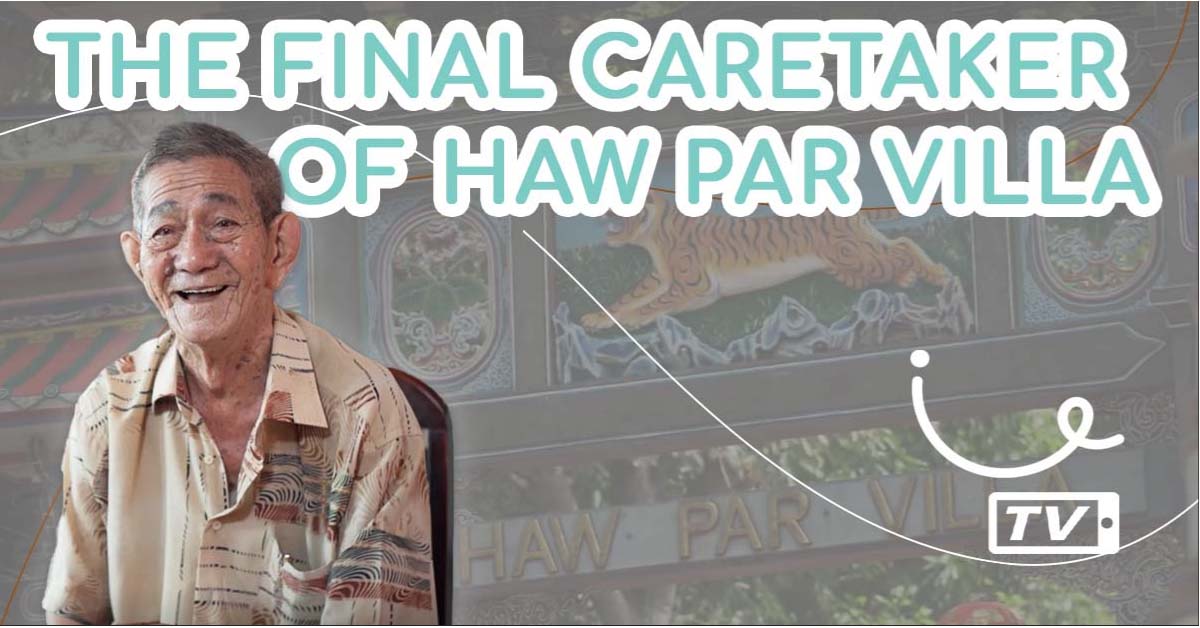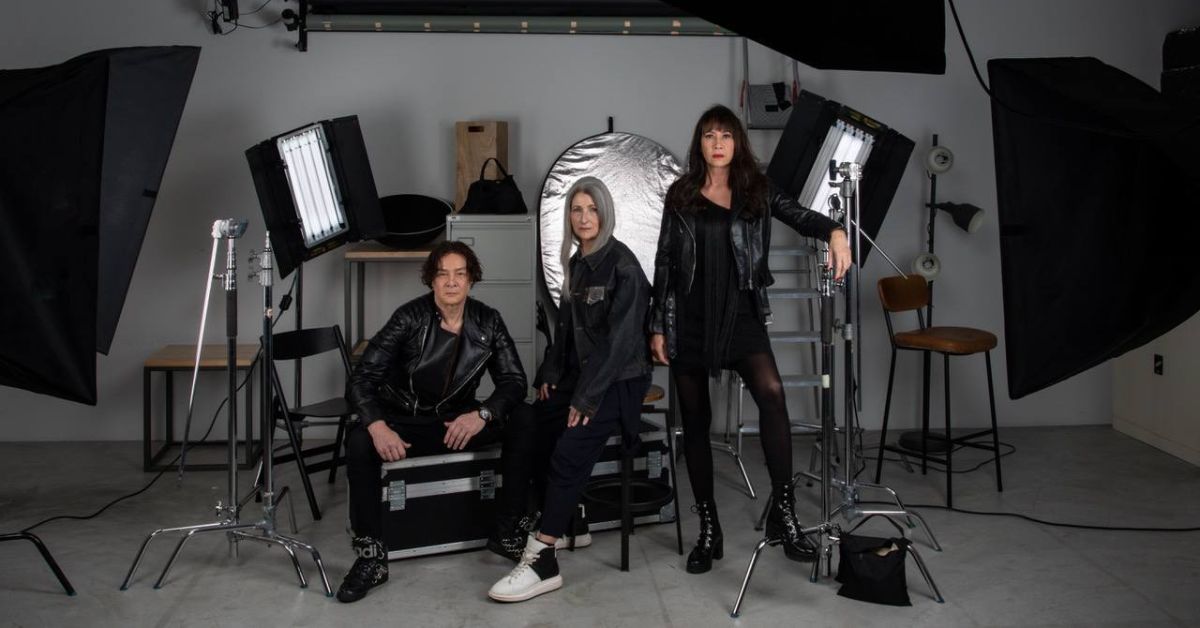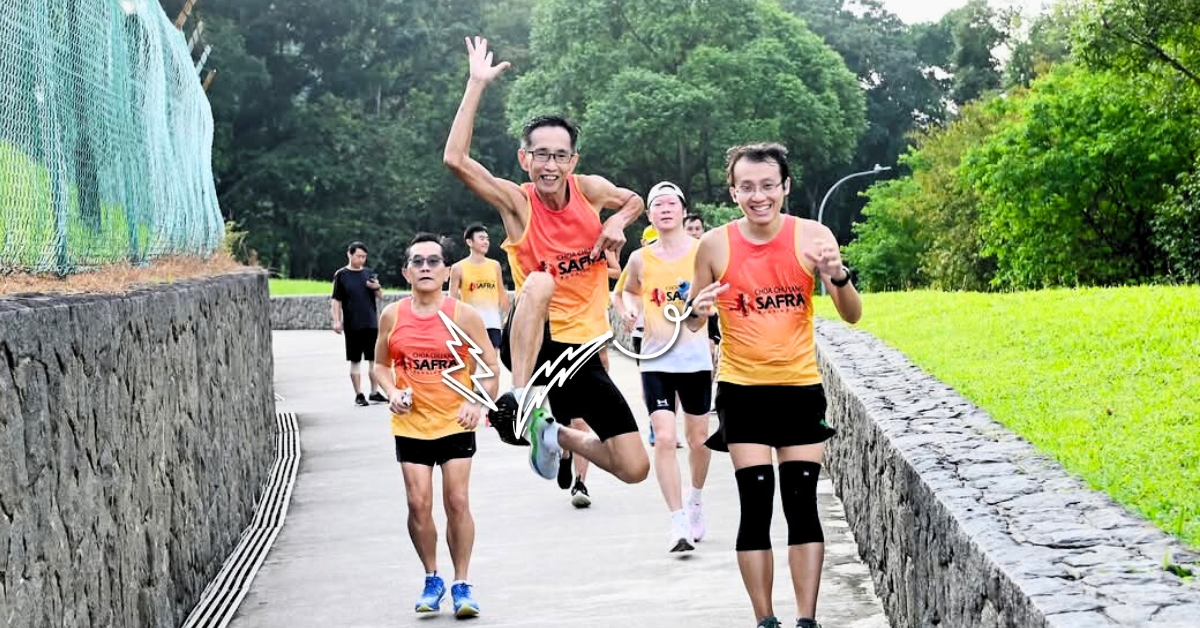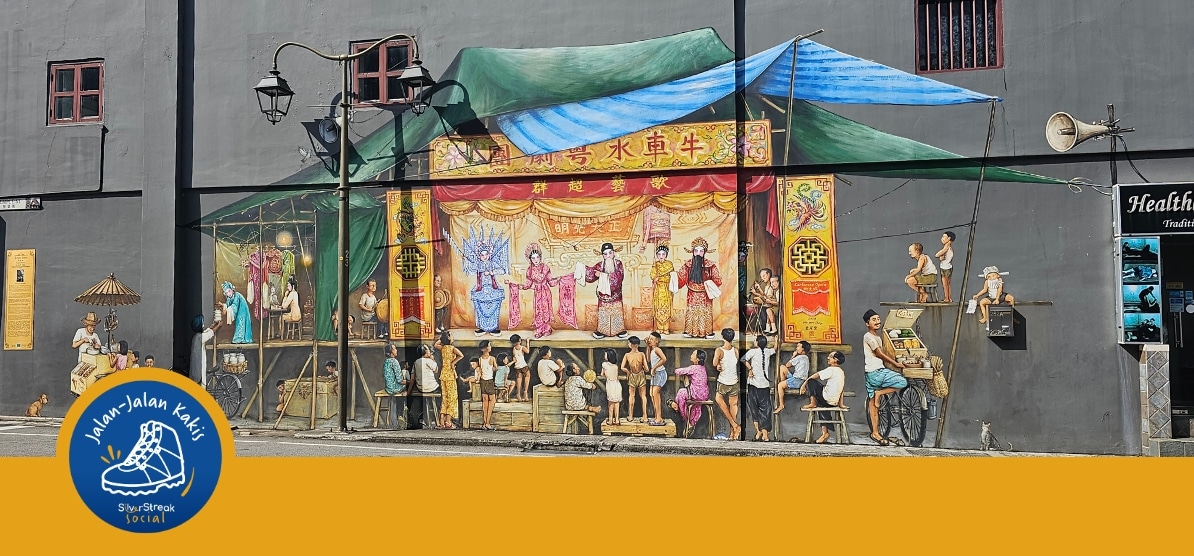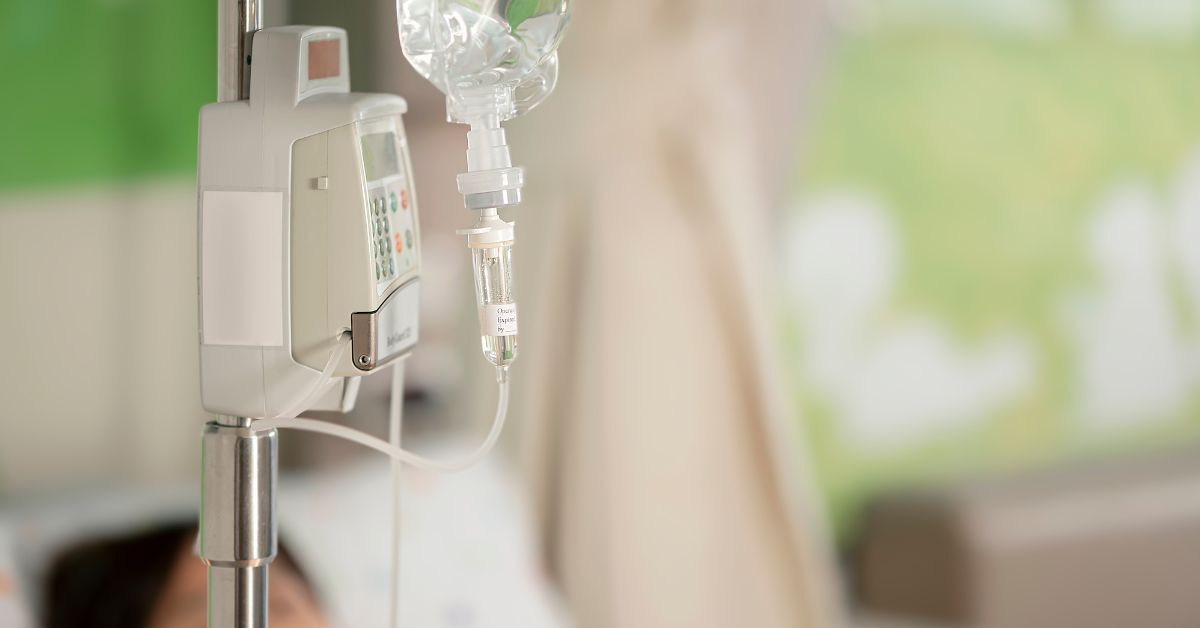
Most types of cancers have five stages:
- Stage 0: The cancer is 'in situ' (ie. in place) and has not yet become invasive. Stage 0 cancers are still located in the place they started and are often curable by surgery that removes the entire tumour.
- Stage 1: This is almost always a small tumour that is confined to the organ. It has not grown deeply into nearby tissues nor spread to the lymph nodes or other parts of the body. It's often called early-stage cancer.
- Stage 2: A bigger localised tumour, which has sometimes spread to nearby lymph nodes but not to other parts of the body.
- Stage 3: A much larger tumour with more extensive involvement of either the adjacent tissue or lymph nodes, but which hasn't spread to other parts of the body.
- Stage 4: Cancer that has spread to other organs or other parts of the body. This is also called advanced or metastatic cancer.
Kamala Sinappan, 61
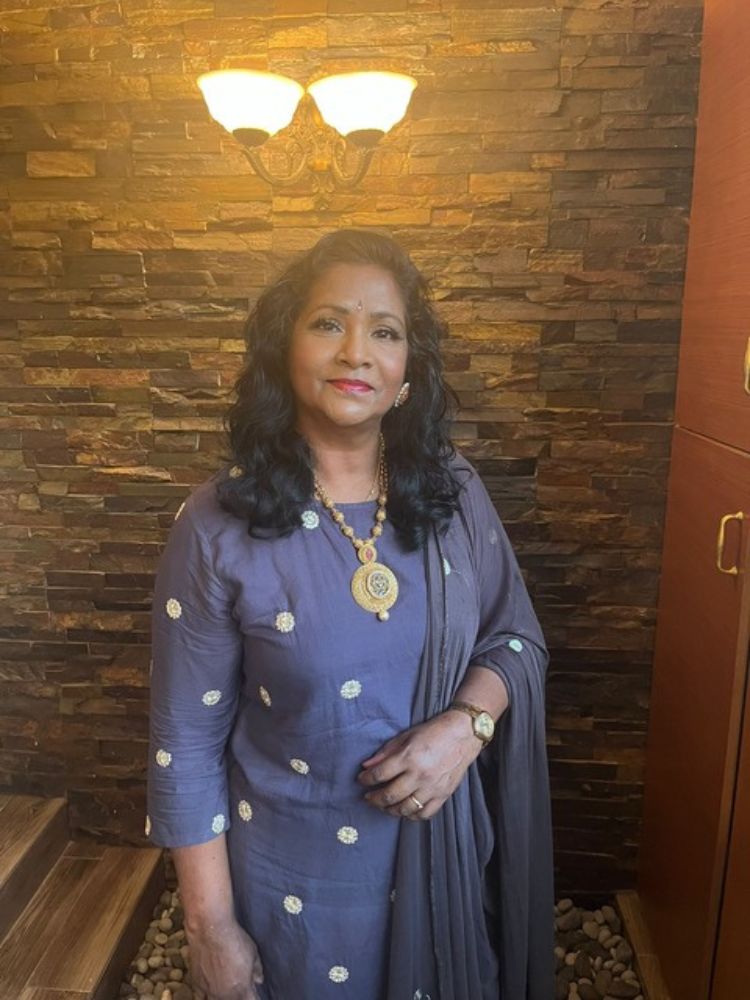
"When I was first told that the lump in my left breast was cancerous, I was devastated. When I heard that it was stage two, I was helpless – mentally and physically.
I felt like the world I knew was coming to an end. I was afraid and in tears.
The thought of my kids and husband, as well as friends and family calling and sending me words of encouragement and reminding me just stay positive, kept me going.
When I was able to comprehend the situation, I told myself not to think too far and just see what are the steps of going through chemotherapy. I didn't expect the journey to be as tough as it was.
Some of the things I expected were loss of appetite and hair loss; however, the immense weight loss and the feeling of being constantly weak was the biggest struggle.
But, looking back now, my strength to overcome this journey came from me wanting to prove to myself that I can do anything and nothing was going to stop me.
Before I stared chemo, I was informed by friends of friends about what to expect. I was also told about some dos and don’ts such as advice concerning my diet – as a result, I increased my vegetable consumption and reduced my intake of red meat. I also tried to exercise and cooked at home more often.
My chemotherapy journey started in 2015. During a check-up before my first session, I was informed of the side effects of chemotherapy like hair fall and loss of appetite.
I thought I would be able to endure the pain and side effects of chemotherapy but after my first session, I felt the full effects of the medication for the next three weeks.
I remember throwing up, feeling weak and nauseous, and crying myself to sleep. However, by the end of the journey, this was the biggest fight of my life and I was able to overcome it.
The support from my family and friends really made the journey less enduring. And, by God's grace, I did not have any lasting effects from chemotherapy.
I believe that being diagnosed with cancer in your 50s (and beyond) can be very disheartening, but I would like individuals to look back through the 50 or more years that they have lived and tell me if their lives didn't have any obstacles.
Cancer is just another obstacle and it might be the biggest fight of your life but just like how you have been victorious in the past 50 years, you will be victorious again.
However, the belief has to come from within you. No one knows you like you, no one has fought your battles for you, therefore this battle can be only be overcome by you.
During my entire journey, I always believed that I would recover and go back to how I once was, and you can too. Do not dwell on the road ahead but focus on the next step and as long as you never lose faith in anything, no one can knock you down!”
Cheng Mee Hing, 72
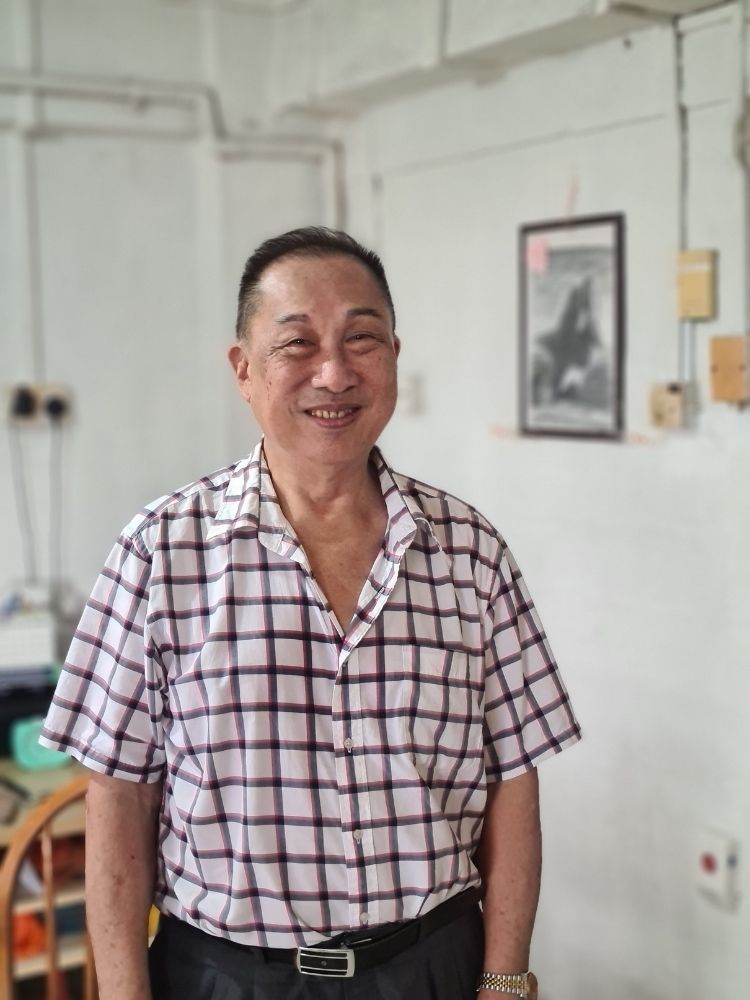
Cheng Mee Hing, is a 72-year-old former hairdresser who was diagnosed with stage-four lung cancer in 2019, following a persistent cough that lasted over six months.
“In 2019, I experienced a persistent cough of more than six months and an increased weight loss. It was to the extent that my pants were loose and falling off!
I visited multiple family clinics and consumed various medications from Eastern to Western ones, based on recommendations.
After one or two more visits to the polyclinic with no improvement (I must have drunk over 100 bottles of cough syrup during that time!), my doctor advised me to go for a chest X-ray.
An abnormal mass was discovered and this was followed with a tumour biopsy for further testing. The whole process took slightly more than half a year.
I was holding out hope for the tumour to be benign. Unfortunately, it was malignant and I was officially diagnosed with stage-four lung cancer.
The doctor told me I had about two years to live. It was also in that moment that I started to truly cherish and value the importance of my life.
My doctor presented me with my treatment options to reduce the spread of cancer cells – Intravenous (IV) chemotherapy, which is the traditional treatment done through a needle into a vein, and oral chemotherapy at two different price points, which involves taking a pill a day to fight the cancer.
Why did I choose oral treatment? I heard from other cancer patients' experiences that the traditional IV chemotherapy process is very painful and exhausting. They had also warned me that it would be a very strenuous treatment for a person of my age.
The frequent injection of needles during treatment was something that I was averse to as well. I didn’t want to go through all that and decided to go with oral medication.
As the expenses were a key concern for me, my doctor recommended this oral treatment to monitor its effectiveness before switching to IV treatment if there was no improvement.
The price for IV chemotherapy was not made known to me. To my knowledge, the more expensive oral pill I was initially offered costs about $10,000/month and the cheaper one I chose costs about $8,000/month. This was the price in 2019.
The doctor informed me that I had an insurance plan that was able to cover some of the cost and that offered me some relief.
The insurance helped to cover about $4,200 of the medical expenses with the remaining expenses covered by available community grants/subsidies.
When the insurance was depleted, the social worker helped to apply for grants from various community partners such as 365 Cancer Prevention Society (365CPS).
Thankfully, within a very short period of time, the oral medication worked well and my condition stabilised.
I have had multiple side effects from the pills – mouth sores, constipation, dry skin, dry eyes and brittle nails are frequent and common under the strong medication.
I was given other medications as well to reduce the side effects, especially for constipation, dry eyes, gel for my mouth sores and cream for my dry skin.
Surprisingly, I gained a great appetite from the oral treatment. It’s important now, more than ever, to eat healthy and nutritious meals.
As my condition is well under control, my doctor has now changed my dosage from one pill a day to a pill a day for five days, with a two-day break in between (five pills a week) to help alleviate the side effects.
I have since changed my medication to a more affordable, locally-produced option, which has only been available in the market the last year or two. The dosage of the medicine remains the same.
When I started treatment, I was told that my diet must continue to be healthy and balanced. I believe that is crucial for the body in the fight against the disease. Exercise is good as well, I’ve been exercising more these days."
Maznah Bte Abdul Samad , 62
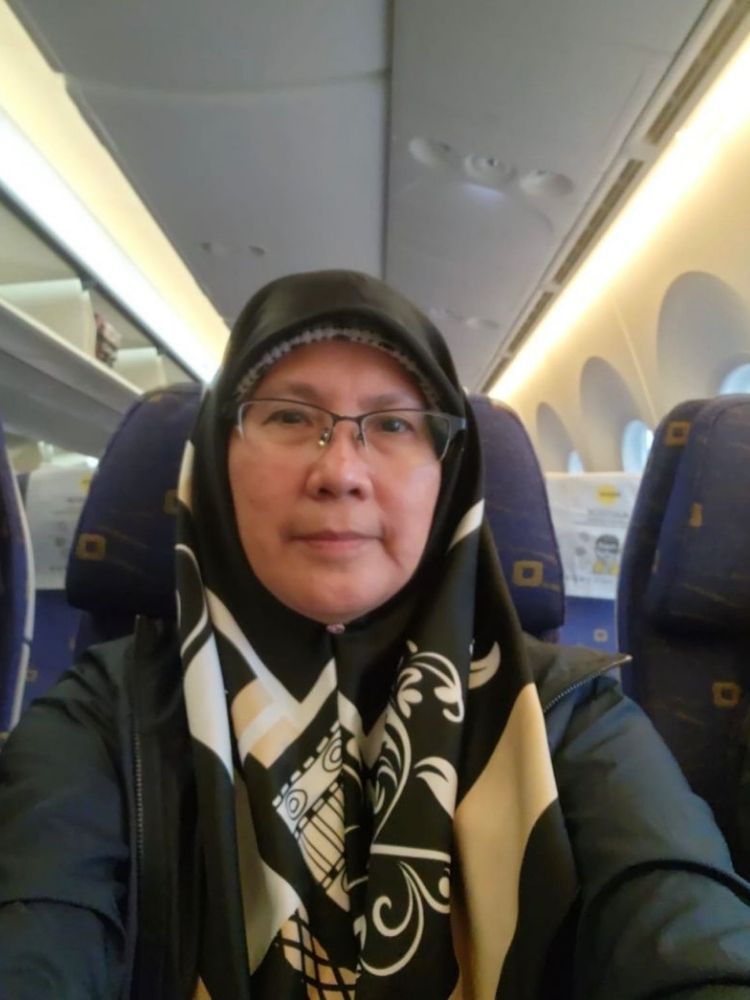
“I had a biopsy done in October 2013 and after recovery, the doctor told us it was stage 2 and what I needed to go through.
I took some time to contemplate if I should go through chemotherapy and, through prayer and my family's support, I decided to do it in December that year.
Chemotherapy was quite bad – I was flat out on the bed for seven days every time I had a session and the first two or three days, I threw up a lot.
My family looked after me – my daughter checked up on me and made sure my fever was manageable, my twins did the cooking and looked after my mother.
When my hair dropped from the chemo, that was hard for me. My dietician advised to shave my hair before it all fell. I wear a tudung so I can cover it up but I shaved it all off.
I went to a Muslim hairdresser and when I told her why I was shaving my head, she refused to let me pay and instead blessed me and offered prayers for my recovery.
I finished chemotherapy in April 2014 then started radiotherapy in May. After all my treatments were done, I thought I was well but my body needed more time to recover.
I did light exercise like walking and I ate organic food. A friend who is also a cancer survivor took me to a TCM clinic and that helped with the numbness in my hands and legs.
During treatment, my doctor advised me to call a social worker and join the National Cancer Centre Singapore (NCCS) Malay cancer support group, Sinar Harapan.
It's a very good support group to find out about subsidies, talk to others about their cancer experiences and we go on social outings too.
When you're told you have a terminal illness, you feel down. I was so scared but my wish is to see my children graduate and get married. That dream kept me wanting to move on so I just kept willing myself: 'I can do it'.
We can never be clear of cancer but we have to learn to manage it by doing things such as exercising and eating healthily.
My advice to anyone going through this journey is to stay positive and listen to your doctor's advice.
If you need to take medication after your chemo is over, do that too. You also need to go for follow-up check-ups as scheduled, don't delay them for too long.
You must be mentally prepared, be strong and reset your life to what you need it to be for your recovery period.
You'll also have a different perception of your illness through support groups. Prayers from friends and family also help."
Yao Chin Leng , 58
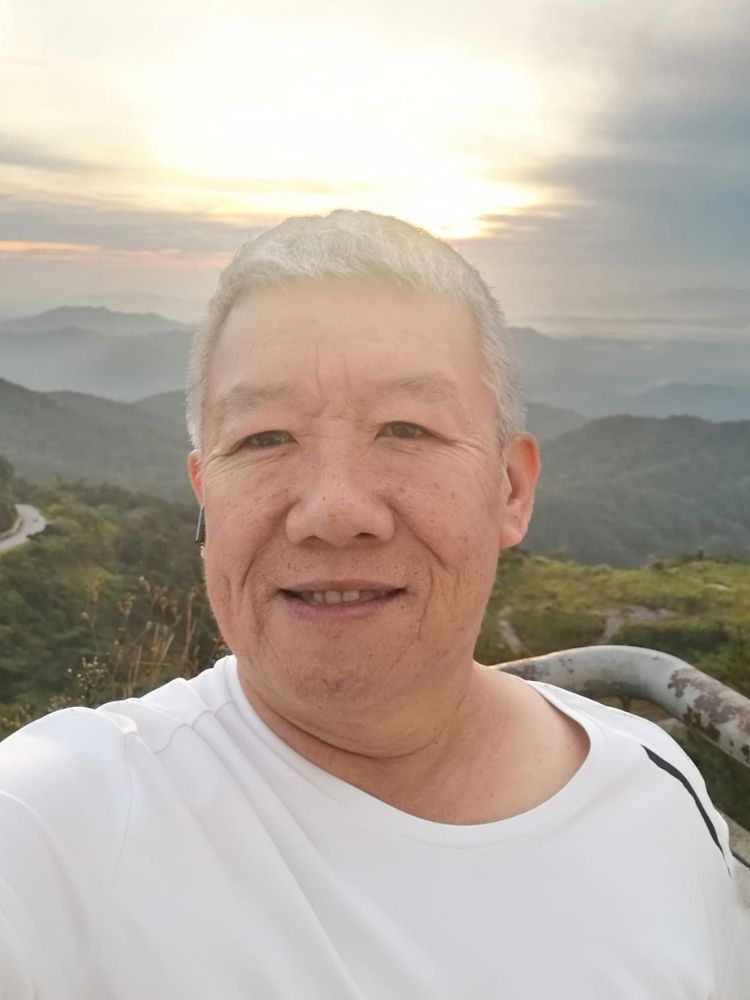
“I didn't take care of myself after my first diagnosis – I slept late and didn't exercise consistently.
When the cancer returned, I realised that cancer isn't easily cured and we have to make changes to control the cancer spread.
I'm quite lucky because it was picked up in the early stage during a review with my doctor. The tumour was in my airway and it was stage two but my doctor recommended stage-three treatment to prevent it getting out of control.
I heard people say that chemo makes our body very weak. Personally, I don't think they are cancer patients who had personal experience with chemotherapy, they have just seen some patients feel weak and describe it as very bad.
While every chemo patient has a different reaction, I feel that, as long as you have enough rest and you have someone taking care of you, you can get through it.
You especially need to have someone to provide you with three meals a day because you won't feel like eating or drinking and if nobody motivates you to eat and drink, you'll just lie in bed all day, which is not good for your recovery.
I went through four cycles of chemotherapy. Every cycle was three weeks long so that's 12 weeks in total, plus radiotherapy at the same time too.
I did have some side effects such as dry skin, tongue ulcers and I got tired very easily. Without radiotherapy too, my body wouldn't have recovered as quickly.
I took public transport from Tampines to Singapore General Hospital for my treatments — I never took a taxi as I knew the exercise was actually helping me.
I finished treatment in January 2022. I felt weak at the beginning and was worried that I couldn't exercise but my doctor referred me to a rehab doctor. It's important to slowly do some exercises then build up.
I joined a lung cancer support group and met patients who refused to do chemo. There was a 72-year-old who said he was too old and the chemo would kill him but I told him the doctor will monitor him regularly with blood tests etc and he felt more confident about it.
My cancer diagnosis was a wake-up call. I used to sleep late, go fishing all night, have drinking sessions with friends and didn't get much rest.
I used to get angry often and didn't control my emotions. I don't have these bad habits anymore and my health and energy levels are better than before.
People say that, after chemotherapy, your 'engine' is all gone but actually it's reborn. Your immune system will be down, but if you don't exercise, you won't recover.
I hope I can help others by telling them not to be scared of chemo. Speak to patients who have gone through it, try your best and fight if it comes back. Join a support group so you'll know how to avoid a relapse.”
B Singh, 68
“Just before being diagnosed, I had difficulty sleeping and progressively had difficulty walking.
After a while, my wife insisted I go to the Accident and Emergency Department at one of the major hospitals.
The doctors carried out various tests immediately and diagnosed me as having multiple myeloma, a type of bone marrow cancer. I was given at least two blood transfusions in the early days and put on chemotherapy.
I was in hospital for about 3 weeks, then discharged and put on chemotherapy as an outpatient.
This was done once a week for about six months. I also had to, on a daily basis, take vitamins, anti-viral and blood-thinning pills, and nerve medication.
The cancer weakened my skeleton so much that my chest (because the ribs were affected) became sunken. This continues to put pressure on the lower part of my abdomen. I was prescribed calcium chloride pills to strengthen my bones.
I was worried but became calm very quickly when I realised that the medication (chemo and pills) was making me feel better. It also helped that the pain from the needles used to convey the chemotherapy into the vein in my arm became bearable.
After about six months of chemotherapy, my doctor suggested a transplant procedure. This had to be done by a different doctor at a different hospital.
Fortunately, it was not the transplant of any organ but only of my white blood cells.
It involved harvesting good cells from the blood, freezing them and later putting them back in after the administration of a chemo 'bomb' to remove as many of the bad cells as possible.
This stage was the most difficult because I had to use the bathroom every one-and-a-half hours, day and night.
It helped that the care was good but I suffered because the hospital room was in very bad condition.
I felt that I was in a refrigerator. I was told that other patients had complained too but nothing was done to improve the stay of people who were sick.
The water in the bathroom was either too cold or very hot. And the food was bad. Unfortunately, the transplant was unsuccessful. It could be because the cancer is aggressive.
Following that, I was put on a maintenance regimen – a monthly cycle of the injection of a different drug, the taking of new pills and those mentioned earlier.
During the maintenance cycle, it has been easier to bear the once-a-month injection. I also have to go through breathing exercises involving two drugs to prevent pneumonia.
I am fortunate not to have suffered from any lasting side effects of chemotherapy. The only issue is a slight loss of feeling in my toes because of the effect of the chemo on the nerve endings there. I have been prescribed medication for that.
During the maintenance regimen I have suffered minor, bearable bouts of constipation and diarrhoea. I have also had some trouble sleeping (insomnia), especially at the beginning of each maintenance cycle.
My illness and treatment means that I am immune-compromised, in terms of the risk of infection. So I have to be very careful not to fall ill.
My doctor ensures that I get all my vaccinations. On my part, I avoid crowded places. I have to also be very careful with my food. I cannot just go to any hawker centre or coffee shop and have a meal.
As I am weak, I have found that I cannot take most of the food sold in these places. I cannot tolerate it like I used to in the past as a healthy individual.
If I am not careful, I will throw up, have diarrhoea or suffer from an upset stomach.
I now regularly have lunch from three places I have found to offer cleaner food, and my wife and daughter cook dinner even though they are both working.
When you are ill, your body and mind are weak. So it is important that you have someone who can liaise with the doctors and who can make decisions on the best treatment options for you.
It is also important to have insurance coverage because cancer treatment can be very expensive. I have, as a patient, also found that it is difficult to keep track of the bills and payments.
Since falling ill, I have paid out more than $120,000 to my hospital. This sum is based on the cheques I have issued.
Another estimated five-figure sum has been paid by the insurer. These are rough figures because it has been difficult to get a complete statement of account from my hospital even though I am a long-term patient.
I also paid a four-figure sum at the hospital where I had the unsuccessful transplant procedure but do not have the figure for the sum, if any, paid by the insurer.
The doctors have advised me not to focus on my cancer and to lead as normal a life as possible. I have listened to them and managed to release a book on Singapore’s Tanjong Pagar and Anson portside that I had been working on before I fell very ill.
There is no cure for my cancer but I am grateful that I am stable, although I feel physically and mentally weak at times. I am also grateful that it only involves my bone marrow and that no major organ has been affected.
I should consider myself relatively lucky. While going in and out of hospital, I have been saddened to see many people in a much worse state than I am in."

